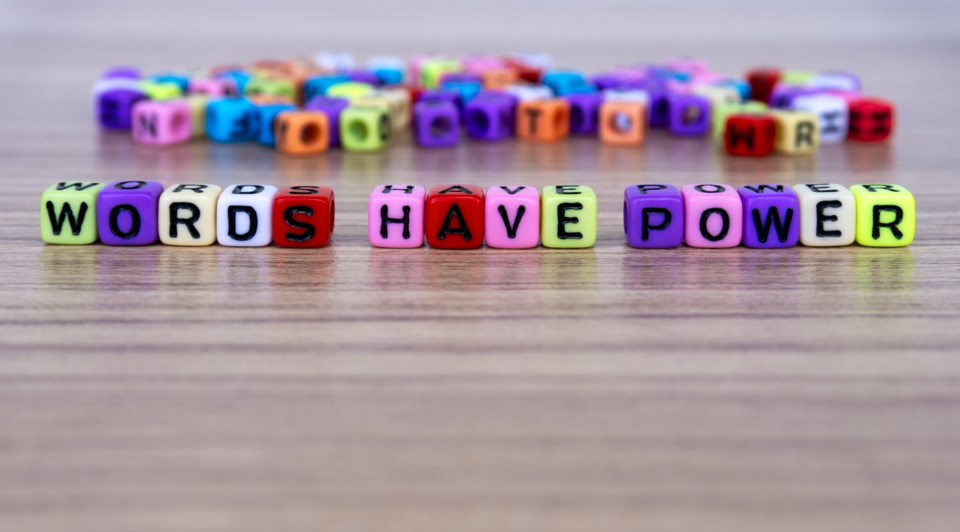I'm sure we've all heard the offhand comments: "I'm so ADHD," "That was so autistic of me," "They're emotionally crippled," or the euphemism of "You're just—special," in some way or form, which can be easily passed off as simply a joke.
What many are unaware of is the harmful impacts that come from using language like this, which is classified as ableist language.
The use of ableist language is common and the speaker is usually unaware they are participating in a form of discrimination.
Let's set a scenario to grasp better what this means.
Imagine that you and your friend are watching the same movie.
Afterwards, you discuss the plot, but you both heavily disagree about an aspect of the movie.
You might then tell your friend that their opinion about the movie is "retarded," "nuts," or "blind."
You have just used ableist language, regardless if you were aware of it or not.
According to Access Living, an advocacy group for people with disabilities, ableist language is described as discrimination and social prejudice against people who have disabilities rooted in the belief that typical abilities are superior. These offences can come in the common phrases mentioned previously.
I often hear ableist language used to make light of something or describe someone in a hyperbolized manner—unaware of the hurtful impacts that come from joking about having or others having disabilities.
I hear these phrases used most by the youth in Squamish, who might still not be aware of what they are really saying.
That is to say, this column is not to shame or blame anyone but to spread awareness about ableism so we know how to avoid it, as it can stigmatize people who have already been marginalized.
Using discriminatory language like this can also distract from the point made and instead normalize disabilities as insults.
We can enhance and change our vocabulary for the better by using preferable words in place of ableist language.
We could start by learning and educating ourselves more about disabilities to be able to acknowledge the disabilities around us.
According to the World Health Organization, more than one billion people from across the world and around 16% of the population have disabilities. If we are more aware of the disabilities around us, then we will be less likely to stigmatize them unconsciously.
By educating ourselves on disabilities, we can also analyze our biases and the biases around us more.
This can be done by paying attention to our words as we speak to make sure we don't accidentally use ableist words and by paying attention to the media we consume to be able to spot this being used.
By doing all of this, we can take a small step towards bringing respect and inclusivity through the words we pick to use and become more aware of how our words, even if meant as a joke, can harm others. After all, language is meant to unite us through understanding each other, not to alienate and break us apart.
Kiana Alai is a local teen and member of the Squamish Youth Council.




